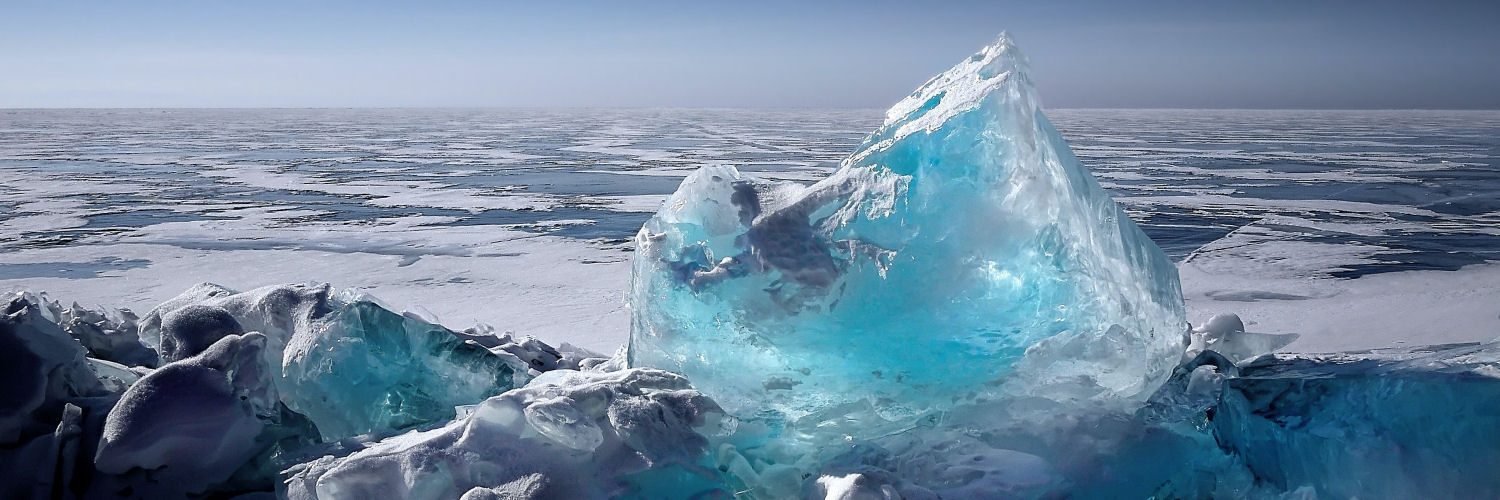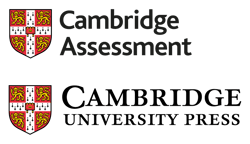Vicky Evans, Head of Sustainability, Cambridge Assessment and Cambridge University Press
Based on moderate scenarios mapped out by the United Nations, if current population and consumption trends continue, by the 2030s, humanity will need the equivalent of two Earths to support human life (Global Footprint Network, 2020).
How to tackle this reality is one of the most complex challenges facing society today. Cambridge Assessment and Cambridge University Press are both departments of the University of Cambridge and are aligned with its mission to contribute to society through the pursuit of education, learning and research at the highest international levels of excellence; we have a responsibility to act ambitiously to find solutions to this urgent crisis.
Our strategy
Guided by international frameworks such as the UN Sustainable Development Goals, the Paris Agreement and the Greenhouse Gas Protocol, and we want to be a trusted leader in the drive for a sustainable world.

Our most urgent focus is a swift reduction of our carbon footprint to ensure that our operations are environmentally sustainable. Since 2019, we have adopted the Greenhouse Gas Protocol standard to measure our greenhouse gases and have been capturing carbon emissions data to quantify our significant impacts against all three scopes; and we are setting science based targets to manage and reduce our consumption.
Making an impactful contribution to a sustainable future is also dependant on equipping future generations of leaders, our learners, with the skills and opportunities to navigate the global challenges of the coming decades. Whilst we implement a best-in-class approach on carbon-reduction, we are proactively engaging and supporting our customers, schools, researchers and partners to follow the same ethical decision-making in end to end activities. To innovate, we will equally learn from and be inspired by their efforts to drive change.
Carbon reduction
Our overall carbon reduction commitment is to achieve absolute zero carbon energy-related emissions by 2048.
We aspire to bring that forward by at least 10 years to 2038.
We recently agreed a reduction of 70 per cent on all Cambridge University Press Scope 1 and 2 emissions globally by 2030 and are due to set equivalent targets for Cambridge Assessment by the end of April 2021. We are kick-starting our programme by reviewing our global car fleets for a wholescale switch to electric, and implementing mechanisms to switch all UK office heating sources from gas to renewable electricity.
We are also gathering data on our indirect emissions, from more complicated areas such as travel, food and supply chain. We are focused on a ‘green return to the office’ and are developing initiatives to reduce our air travel emissions and work with our core paper suppliers to adopt a level of stewardship that exceeds, not just meets, FSC standards. We are working across our supply change to identify significant impacts and collaboratively and systematically adopt carbon reduction measures.
‘Digital’ is a relatively under researched area in terms of global carbon impact, but having delivered services almost entirely online during the Covid-19 pandemic, we are also reviewing our digital activities and services to better understand the impact of online delivery models for content and qualifications. We are contributing to the development of a carbon analysis tool for digital in collaboration with Carnstone and the University of Bristol, which will enable us to build a more accurate picture of the impact of our online activities.
United Nations Global Compact and Sustainable Development Goals
The Press and Cambridge Assessment are both proud to be participants in the United Nations’ Global Compact - the world’s largest corporate sustainability initiative - and to support its 10 principles on human rights, labour, environment and anti-corruption.
We seek to embed considerations of the social, environmental and economic impact of all that we do into our work at all levels. This means a regular examination of the impact of our activities on interconnected global systems; taking steps to maximise positive impacts whilst mitigating against any activity which may impact negatively on the progression of UN Sustainable Development Goals.
Our environmental programme specifically aligns with the following sustainable development goals:

Our learners
Sustainability is an issue which impacts the millennial generation most heavily. They are the largest, most diverse generation the world has ever known. We have a responsibility to ensure that current and future leaners are equipped with the skills and information they need to tackle the challenge of rethinking our global systems.
Our approach to engaging and supporting our schools and learners covers two areas. Firstly, we are seeking to provide an increase in opportunities for young people to engage and learn about nature. In order to deliver the extensive change that the world needs, people need to understand the interconnectedness of global systems and human activity. Cambridge OCR's proposal for the development of a GCSE in Natural History is our response to support young people to reconnect with, and better understand, the global systems that we are responsible for.
Secondly, we are working with our teachers and learners to explore the support that they need to engage and educate their communities around sustainability more widely. We want to build on the approach of qualifications such as Global Perspectives, Travel and Tourism and Geography, already tackling issues such as climate change and global collaboration, and find ways to support teachers, school leaders and learners to bring innovative approaches to teaching sustainability and drive change in their local area.
Our publishing
As one of the world’s leading academic publishers, we have a global role in education and research, with our publishing helping to inform and shape the debate around some of the world’s most pressing challenges.
Many of the Press’s authors are at the forefront of climate science, and our publishing ranges from scientific research through to general books from some of the world’s highest profile climate activists.
Some of the Press’s key environmental titles include The Citizen’s Guide to Climate Success: Overcoming Myths that Hinder Progress, by Mark Jaccard - named one of the best books of 2020 for environment in the Financial Times - There is No Planet B, by Mike Berners-Lee and Global sustainability, an Open Access journal dedicated to supporting the rapidly expanding area of global sustainability research. We have also recently launched Environmental Data Science an interdisciplinary, open access journal dedicated to the potential of artificial intelligence and data science to enhance our understanding of the environment, and to address climate change.
The goal of our environmental publishing is to facilitate interdisciplinary research, to educate, and to raise awareness of critical environmental issues. To further this goal, we are proud to support Climate Exp0 a completely free, online conference opening this May, showcasing the latest thinking and most relevant international research in the run-up to COP26.
Keep up to date with our proposed GCSE in Natural History and other Cambridge OCR Natural History news by signing up our email newsletter and updates. You can read back issues of our Natural History newsletter here.


